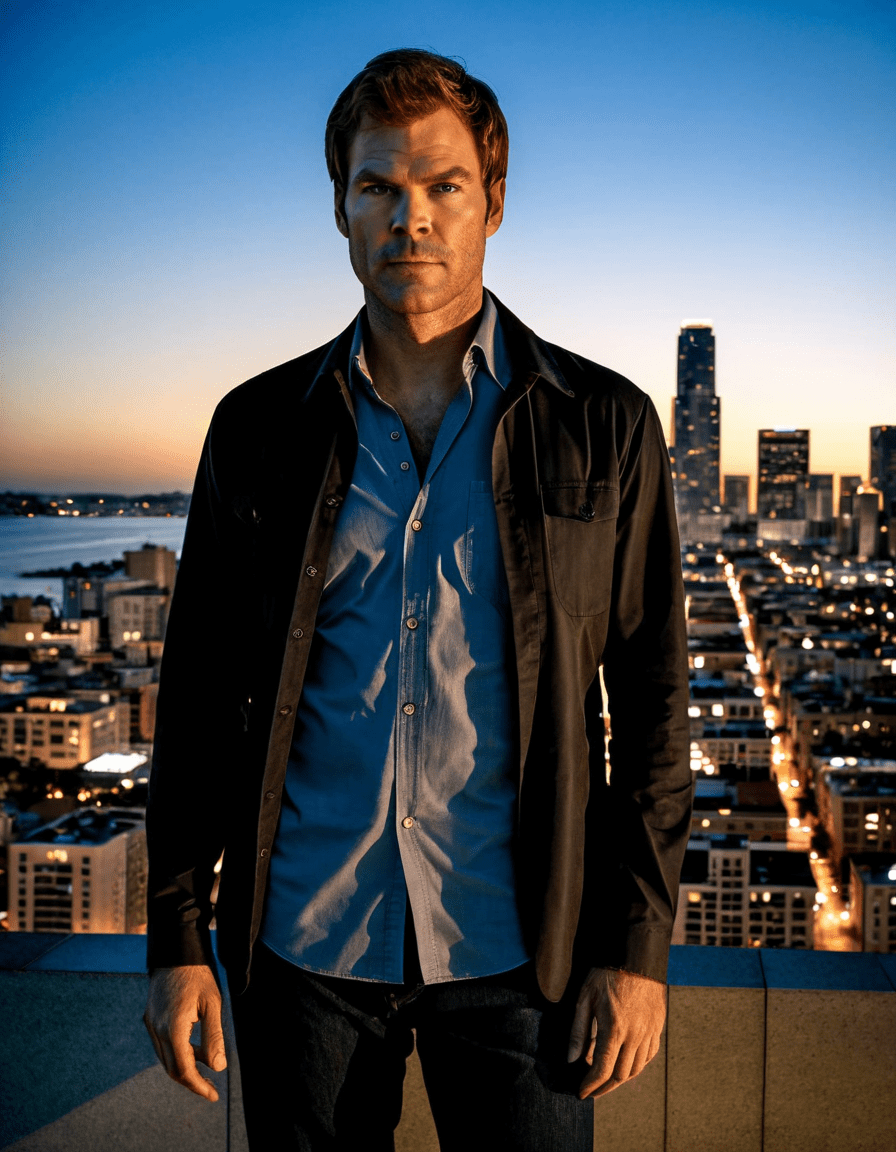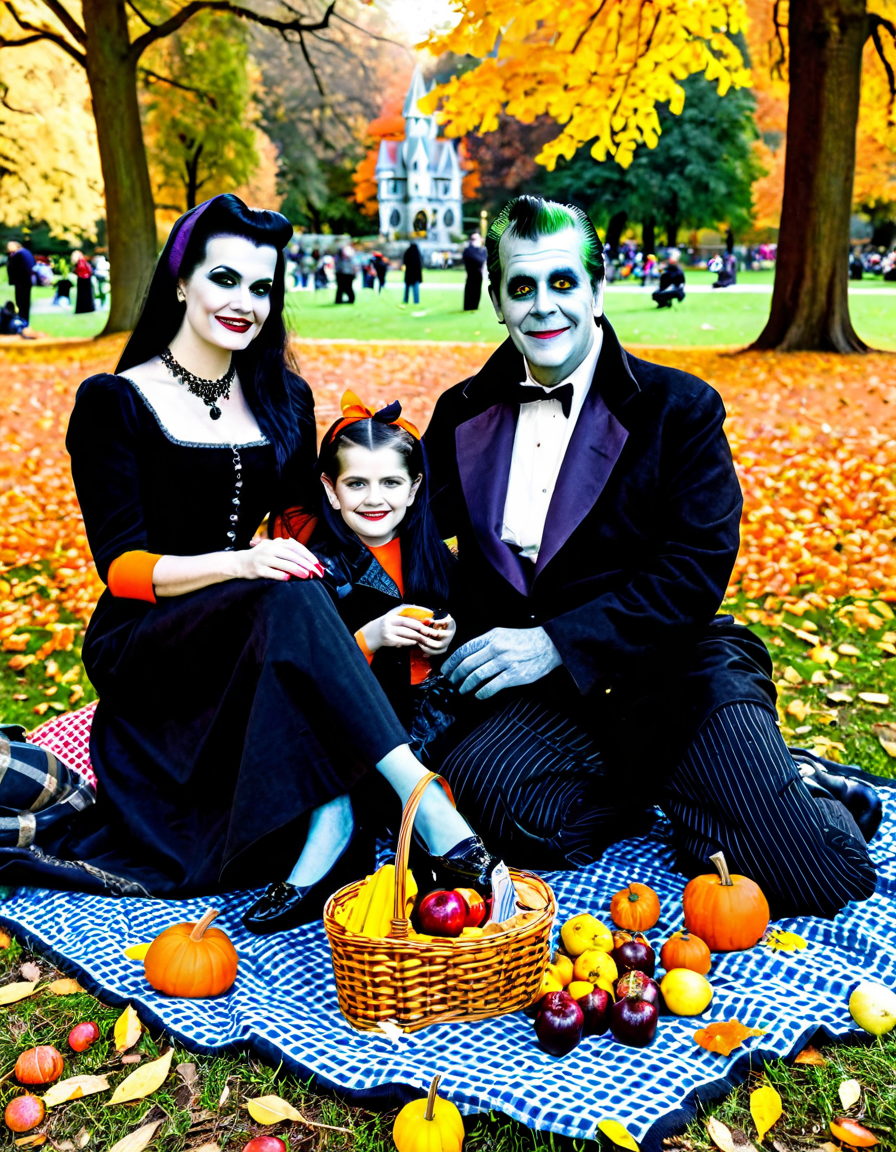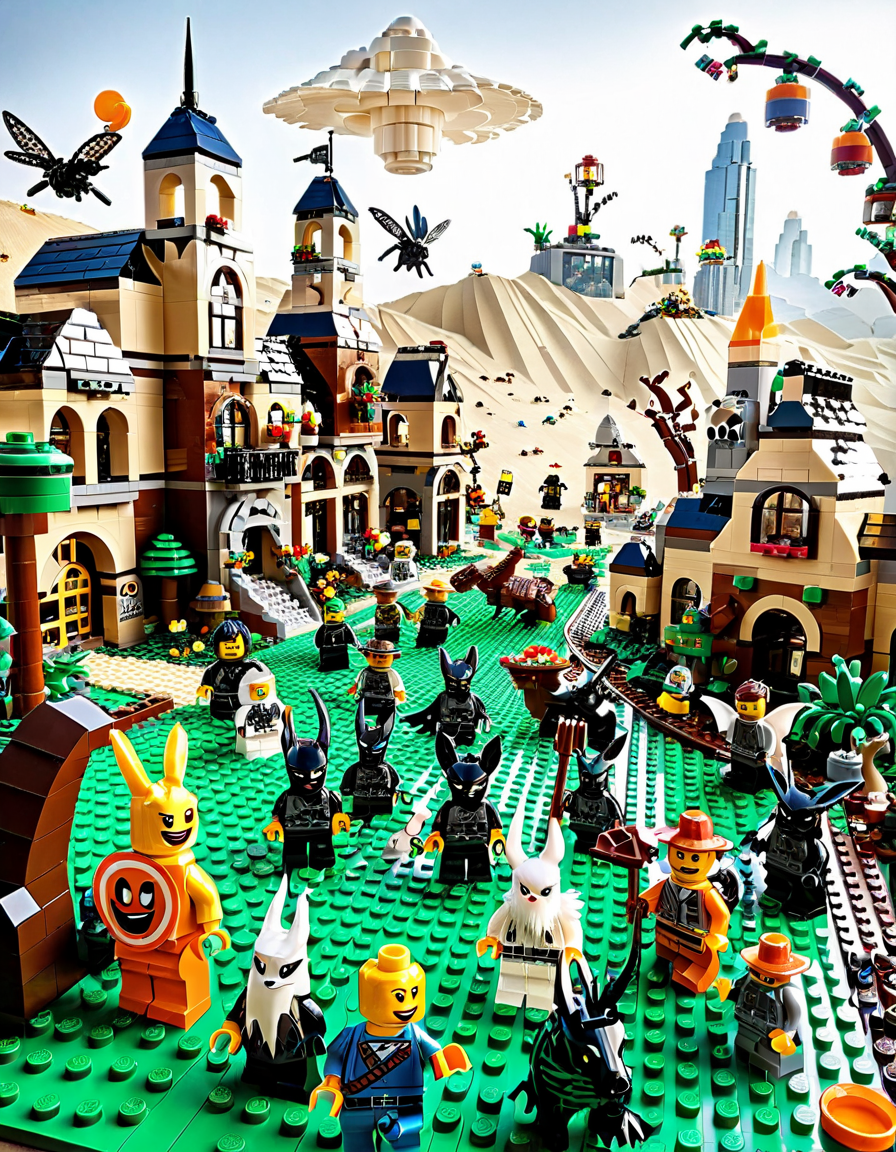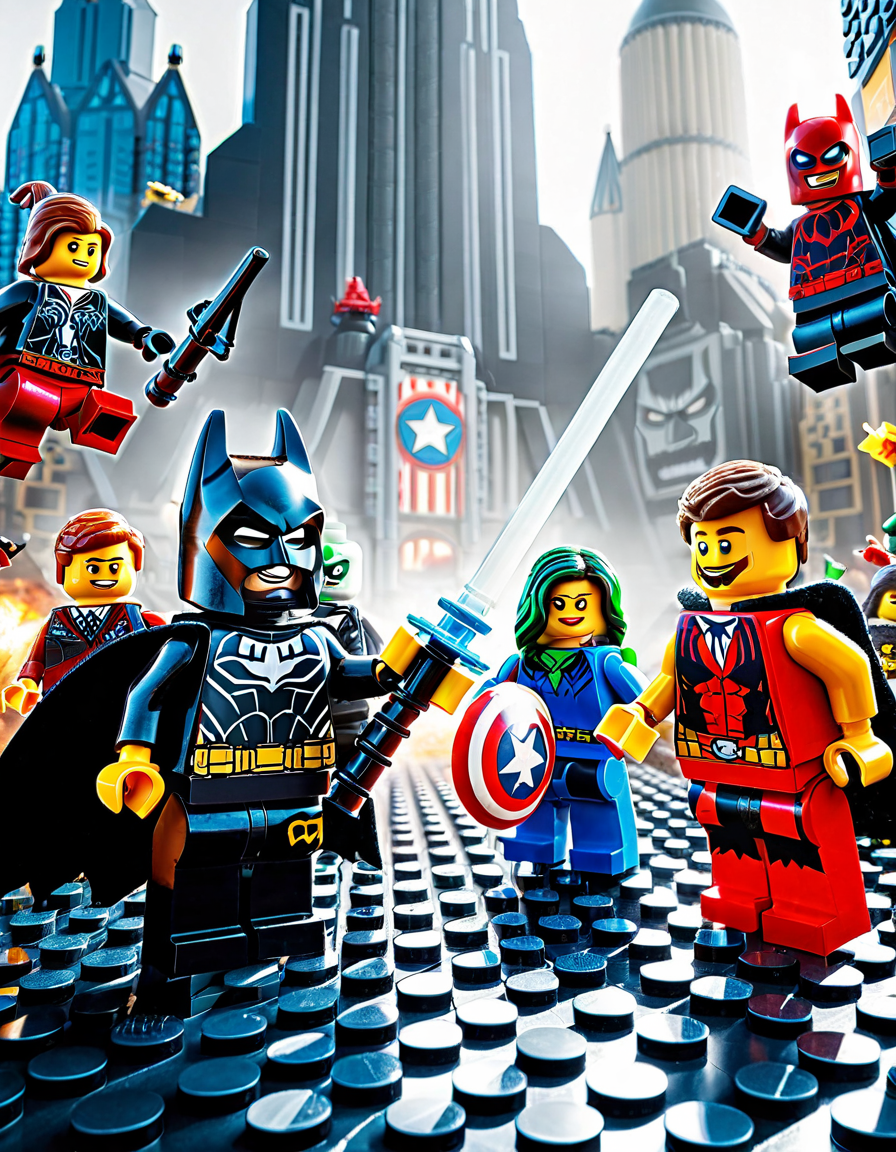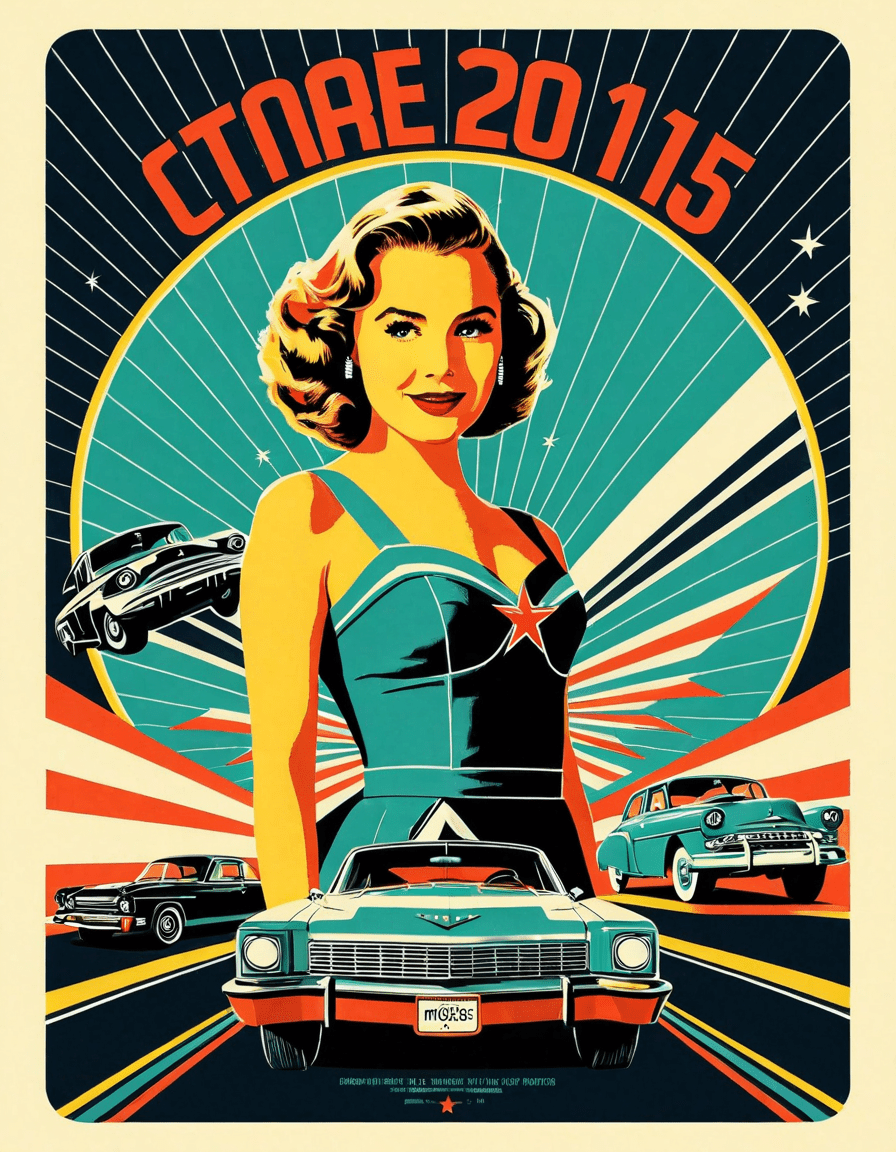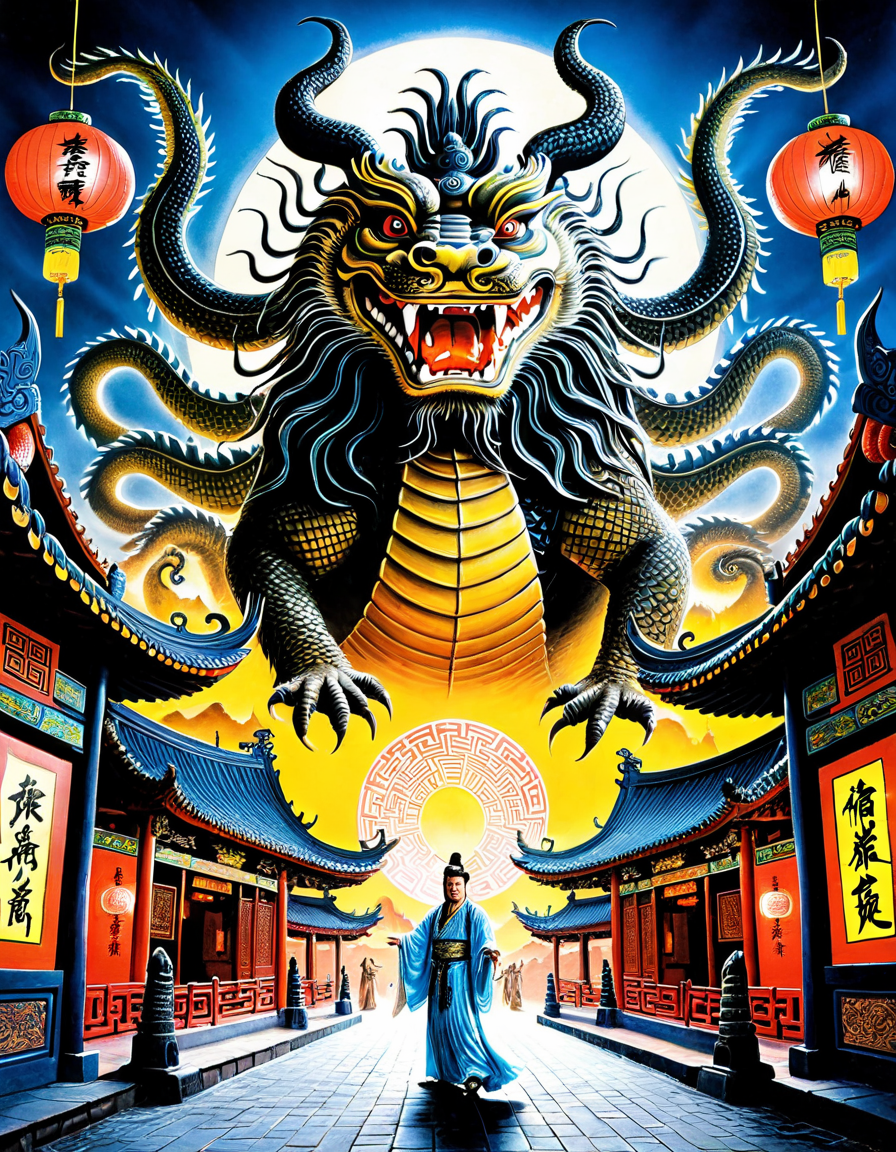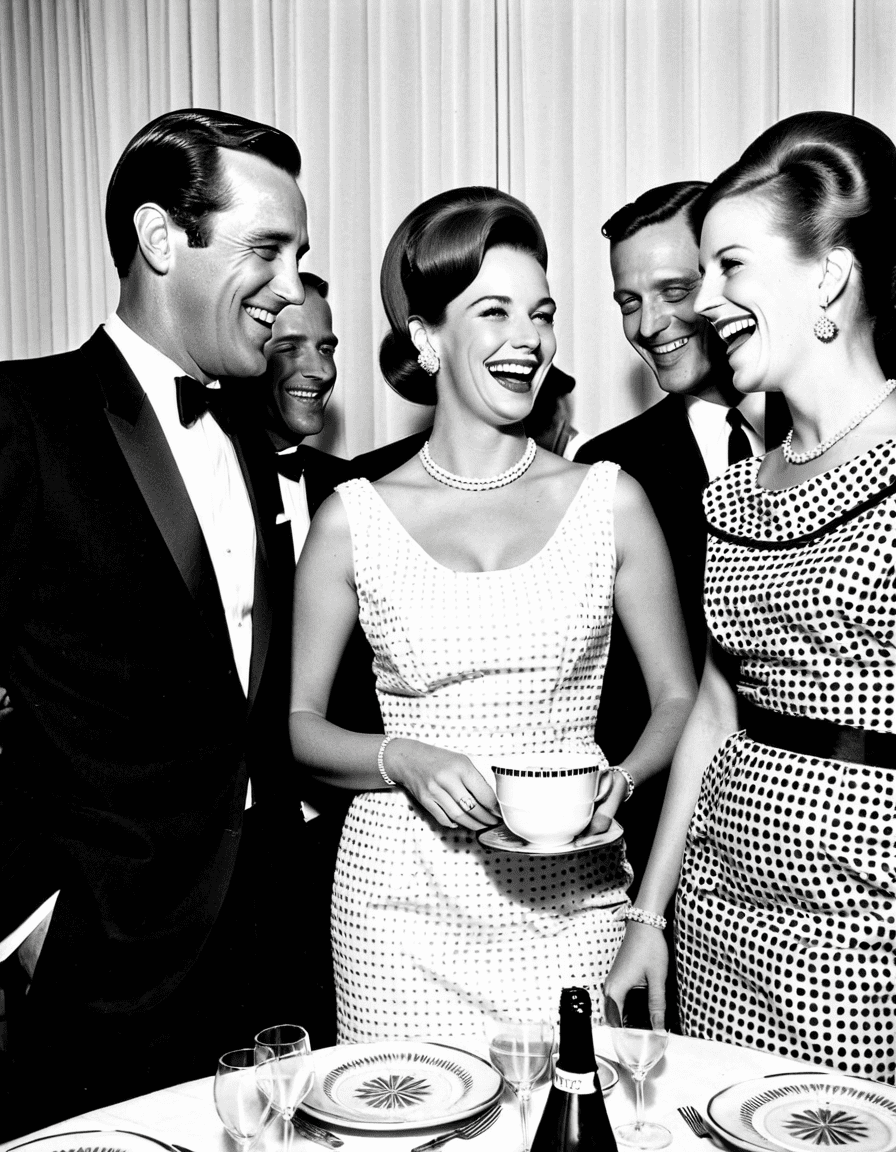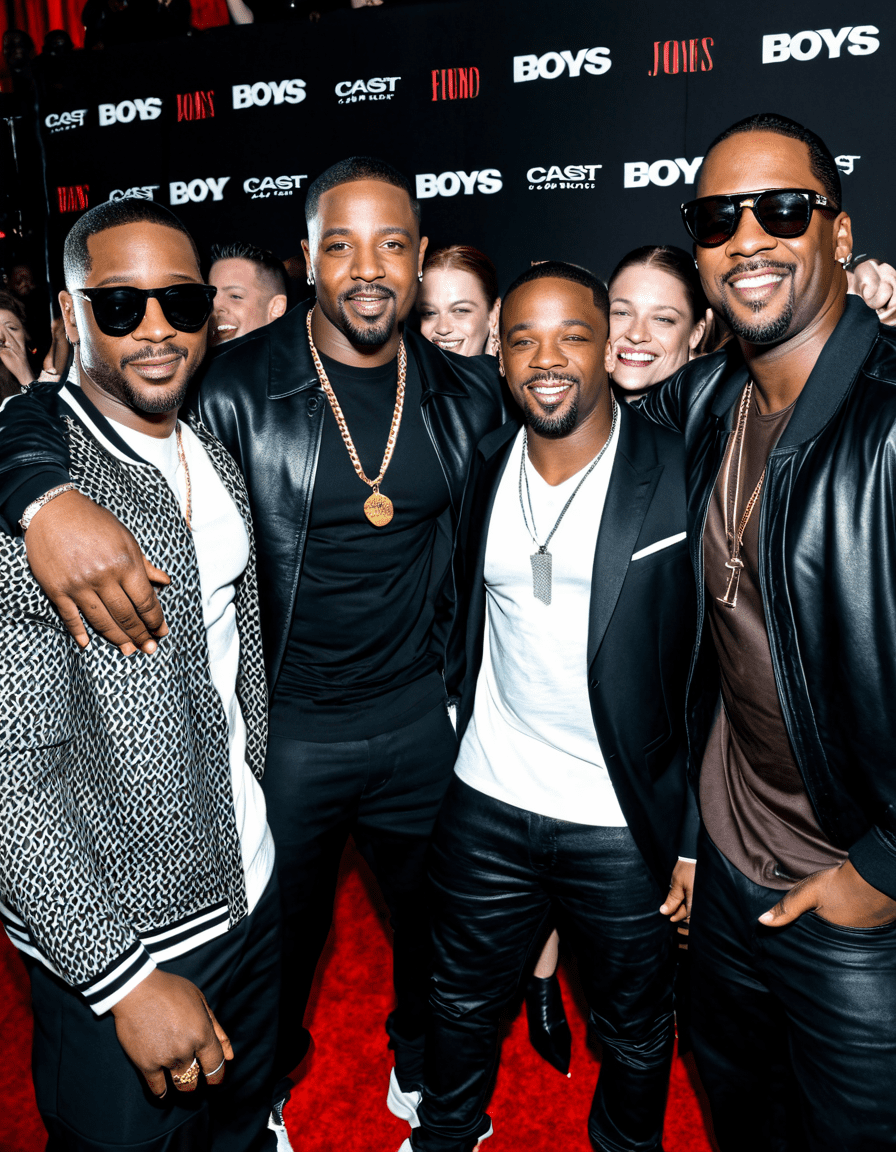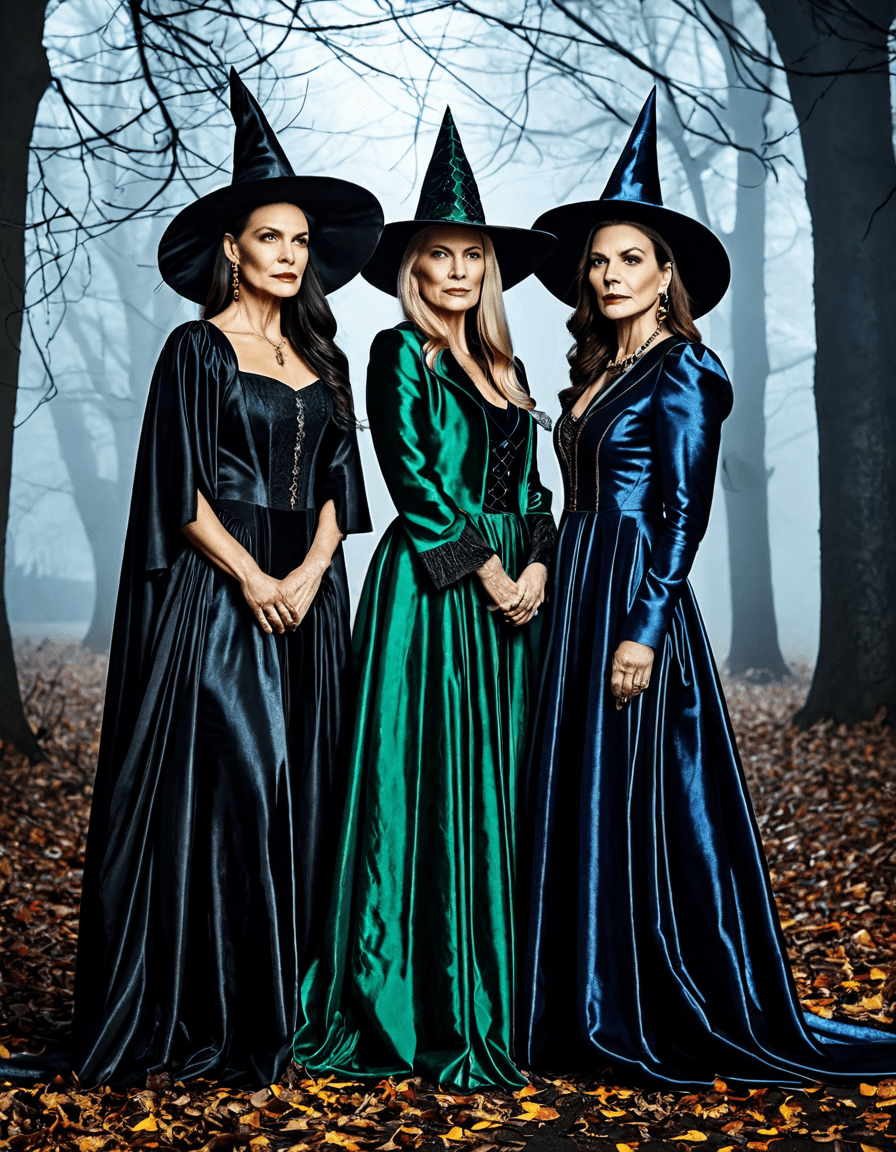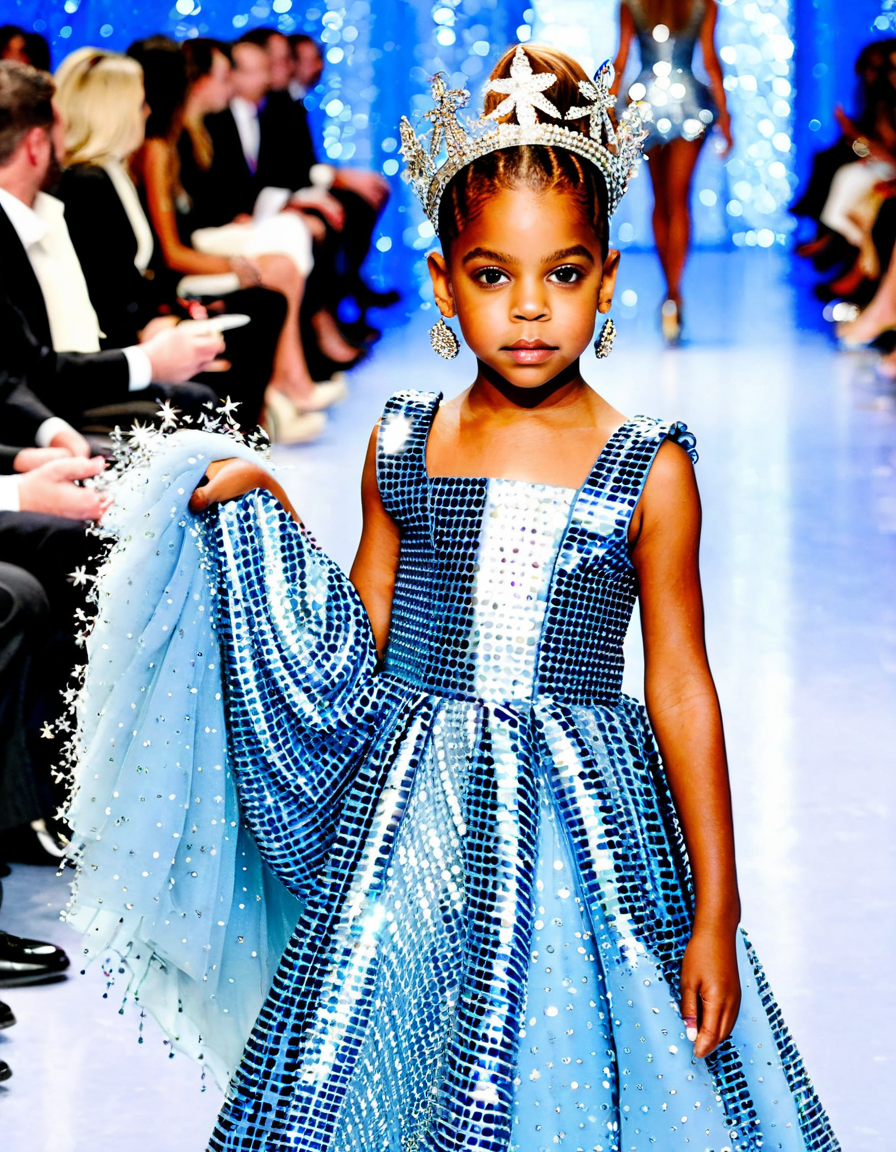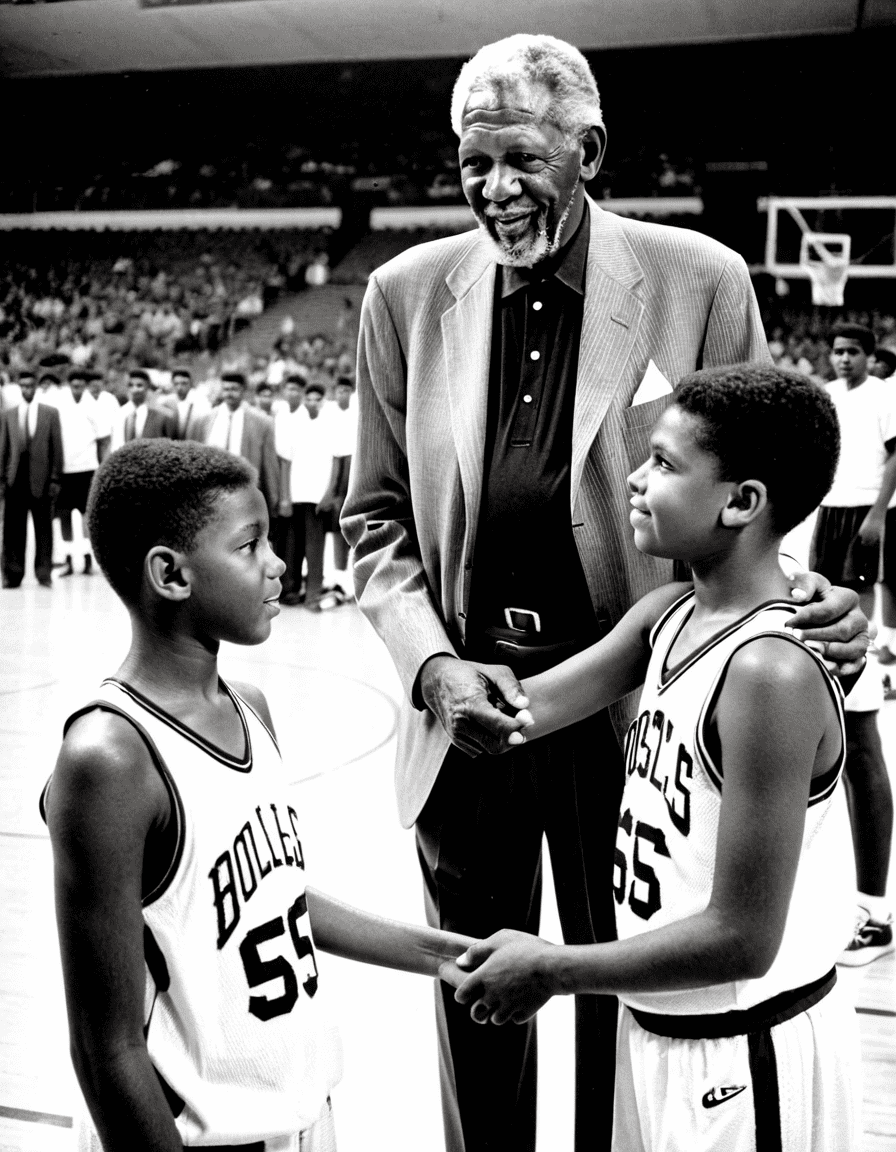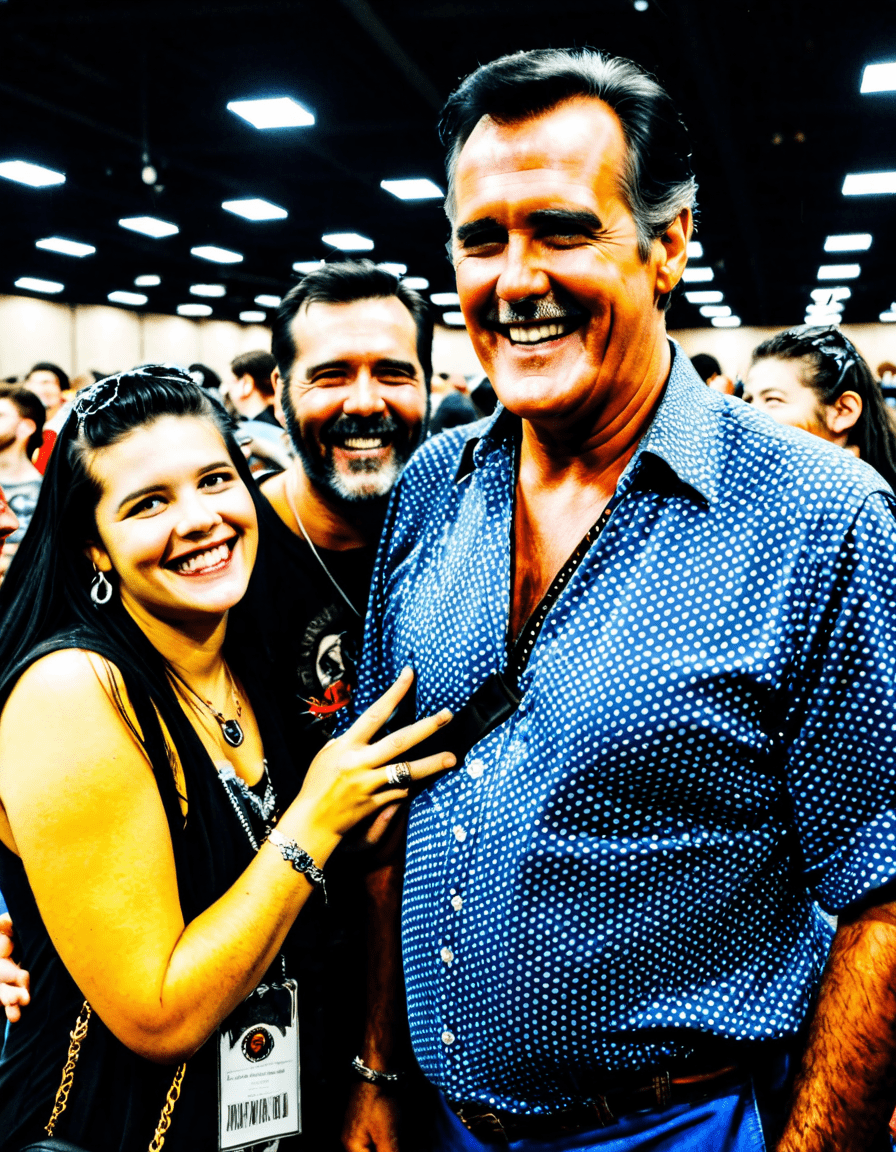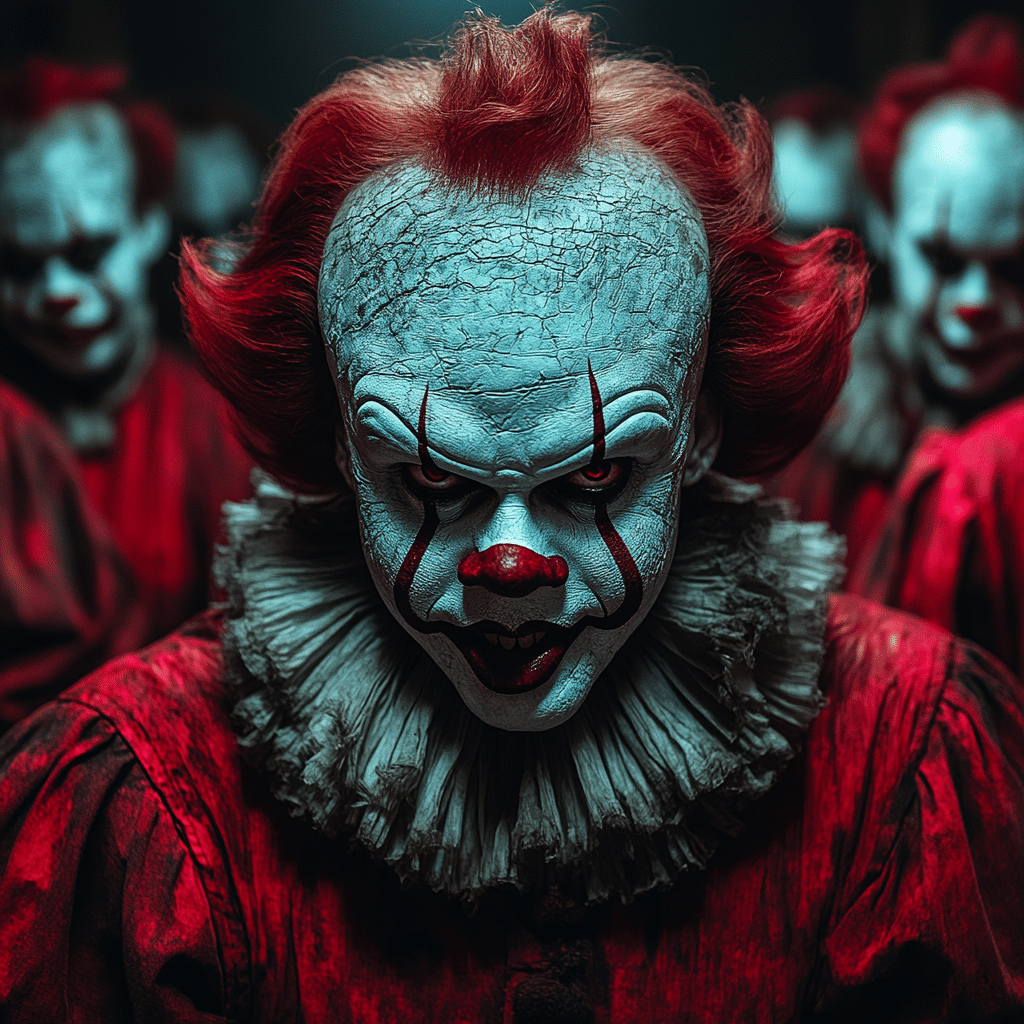In the kaleidoscopic world of television’s antiheroes, Dexter Morgan stands out like a neon sign on a Miami night. This charming, yet chilling character, created by James Manos Jr., has captivated audiences for years. Dexter, with his complex morality and penchant for vigilante justice, reshapes our understanding of what it means to be an antihero. Far from a straightforward villain, he embodies the gray areas of life where good intentions can lead to sinister outcomes. Let’s dive into seven key reasons why Dexter Morgan redefines the antihero archetype and hooks us into his dark psyche.
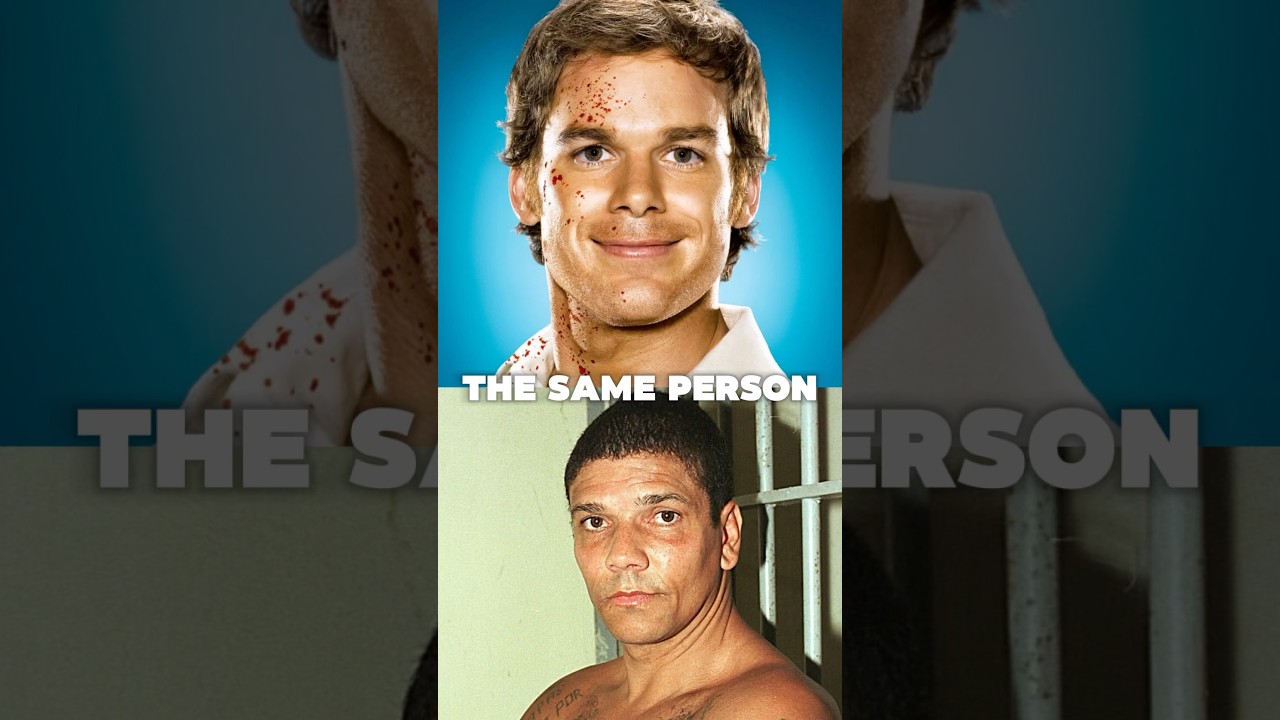
1. Complex Motivation: The Code of Harry
Isn’t it funny how a good set of rules can point you in the right direction? Well, for Dexter, that’s exactly what his “Code of Harry” does. Established by his adoptive father, Harry Morgan, this set of guidelines pushes Dexter to eliminate only those murderers who’ve slipped through the cracks of the justice system. Imagine witnessing someone get away with a heinous crime right in front of your eyes!
Viewers feel his motivation resonate deeply, given the ongoing discussions in our society about vigilante justice and moral ambiguities. In today’s world, where courtroom dramas frequently leave us on edge, Dexter’s commitment to taking out the trash is attractive, albeit terrifying. He’s our dark knight—but with ordinary blood spatter analysis skills.
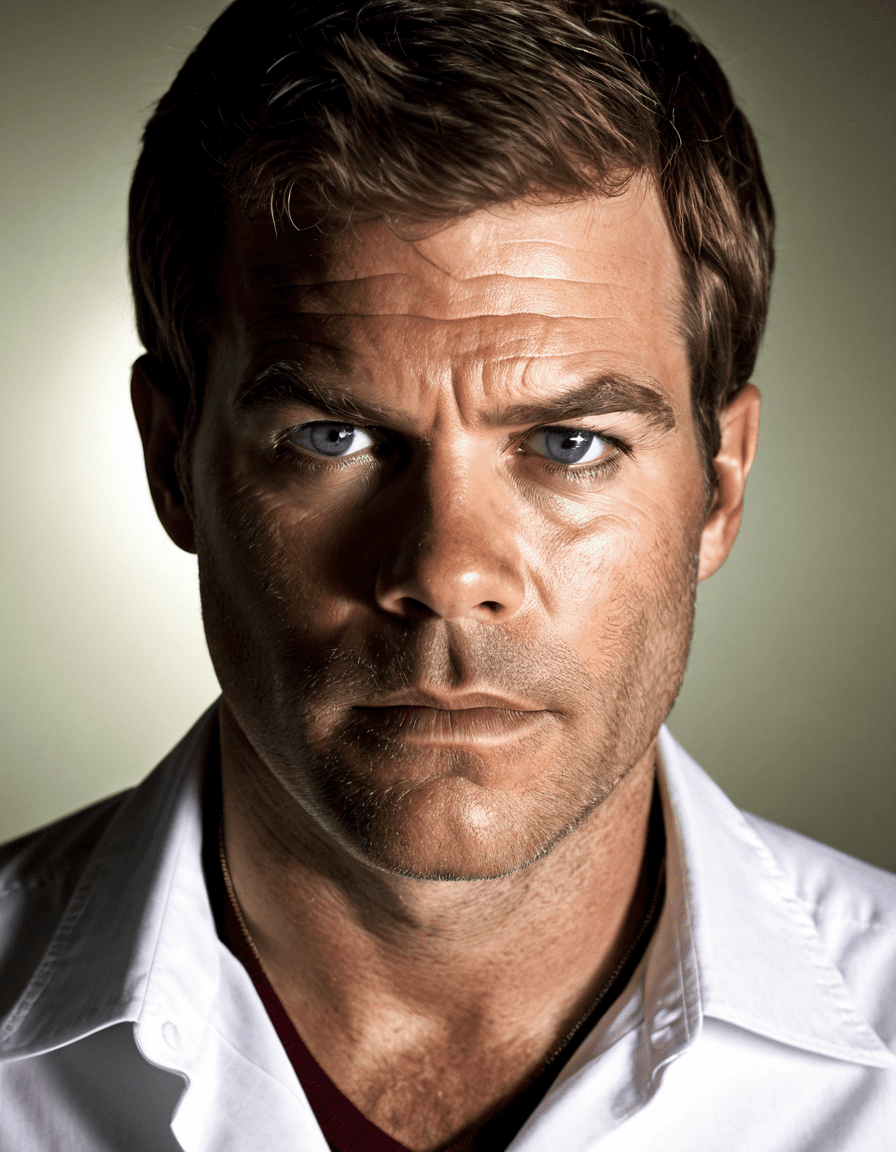
2. Duality of Identity: The Forensic Expert vs. Serial Killer
One moment, Dexter is analyzing blood patterns at the Miami Metro Police Department, and the next, he’s stalking his next victim. This dynamic showcases the duality of human nature that’s fascinating, isn’t it? Dexter embodies both sides—the respectable forensic expert and the chilling serial killer—with the perfect blend of charm and horror.
This embrace of duality asks us to question our moral compasses. We find ourselves rooting for him, even while grappling with the idea that we’re cheering for a cold-blooded killer. Dexter Morgan introduces us to the complex dance between right and wrong, nudging us to reflect on our own choices and ethics in a society littered with complexity.
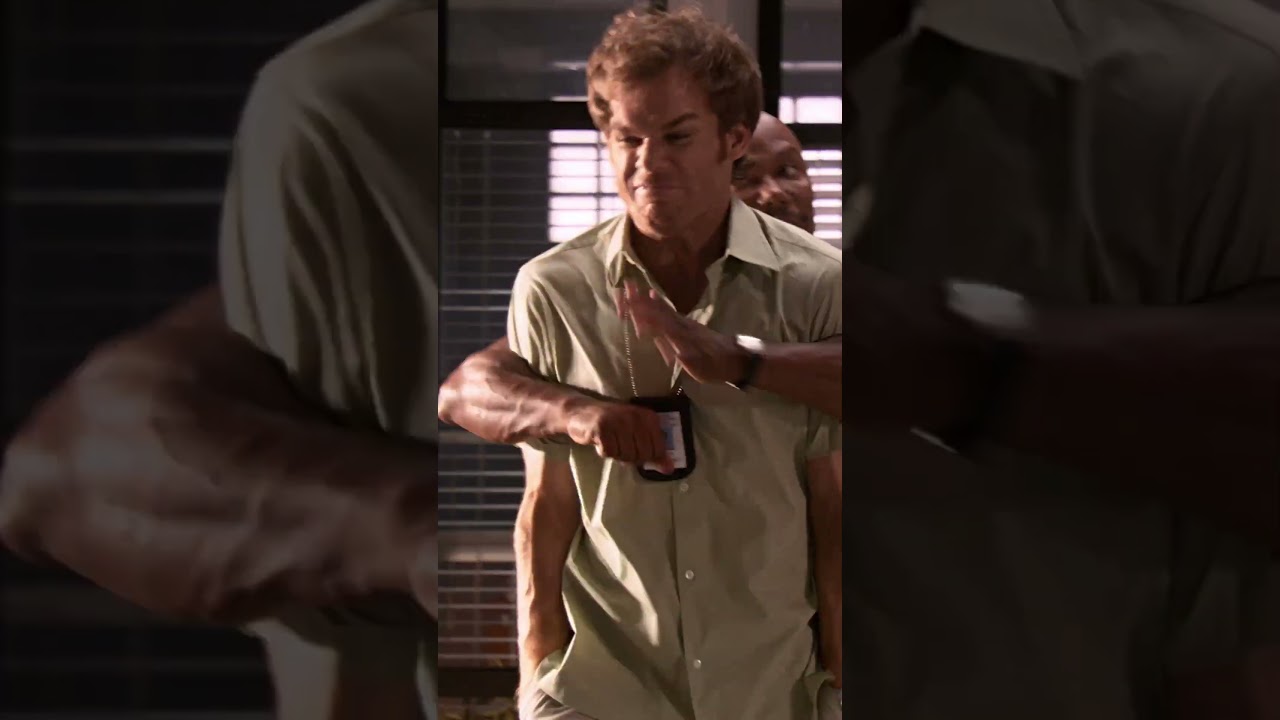
3. Psychological Depth: A Study in Trauma
Let’s be real: we all have baggage, but Dexter’s trauma hits hard. Witnessing his mother’s brutal murder as a child scarred him deeply, shaping the twisted individual he becomes. This backstory is not just engaging; it sparks conversations about how trauma influences behavior.
It’s astonishing how audiences find it easy to empathize with Dexter, despite his ghastly actions. He reflects real-life complexities surrounding mental health issues, opening the door for discussions about the emotional aftermath and the long shadow trauma can cast on a person’s life. Dexter Morgan is more than just a villain; he’s a misunderstood individual grappling with darker urges.
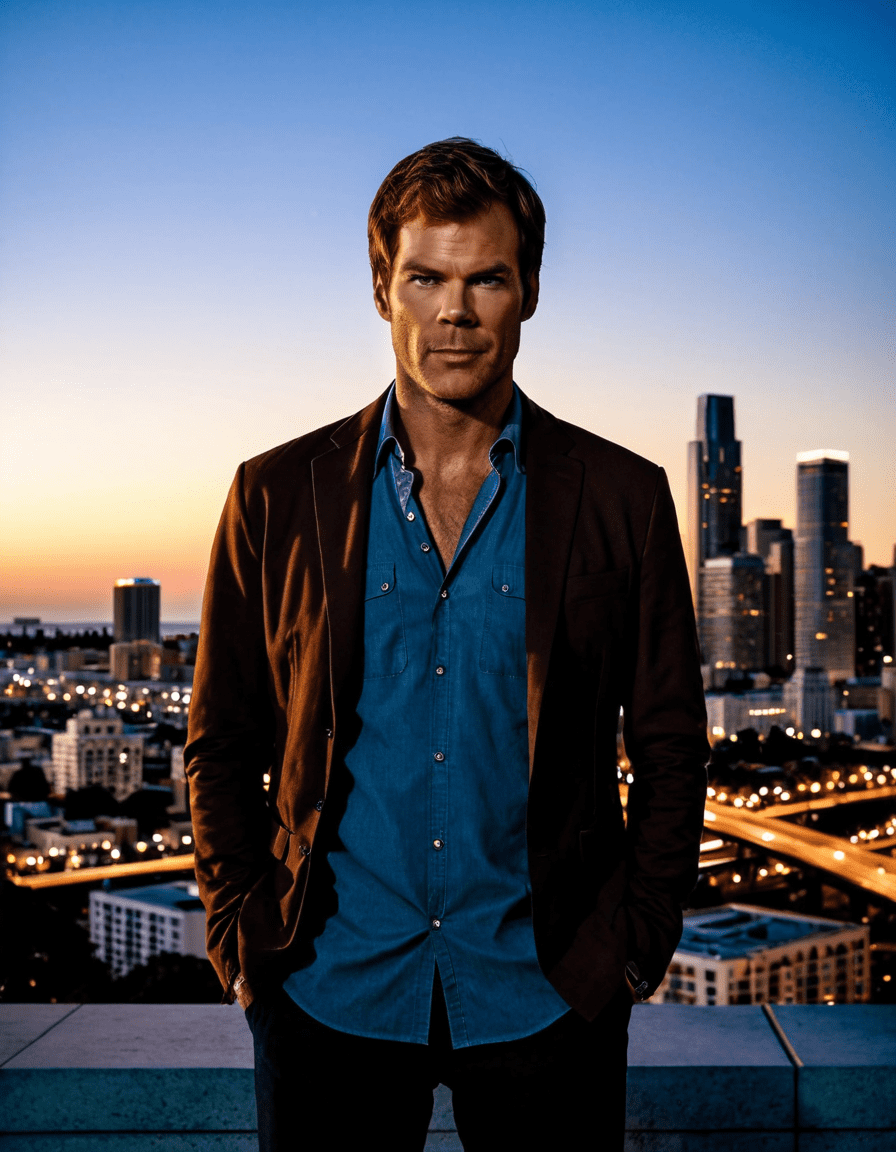
4. Cultural Reflection: A Commentary on Justice Systems
Above everything else, Dexter Morgan serves as a mirror reflecting societal frustrations with justice systems that often feel unfair. His relentless pursuit of vengeance echoes the feelings many people possess when they perceive injustice. It’s a tale as old as time: when the system fails, some feel compelled to step in.
Dexter’s narrative resonates loudly against the backdrop of our contemporary social landscape, where real justice seems like a dream and not a norm. This cultural commentary hits right at home for viewers who question the effectiveness of real-world safety nets. Can you imagine how empowering it might feel to take justice into your own hands? Yet, Dexter challenges us to reevaluate that sense of power and entitlement.
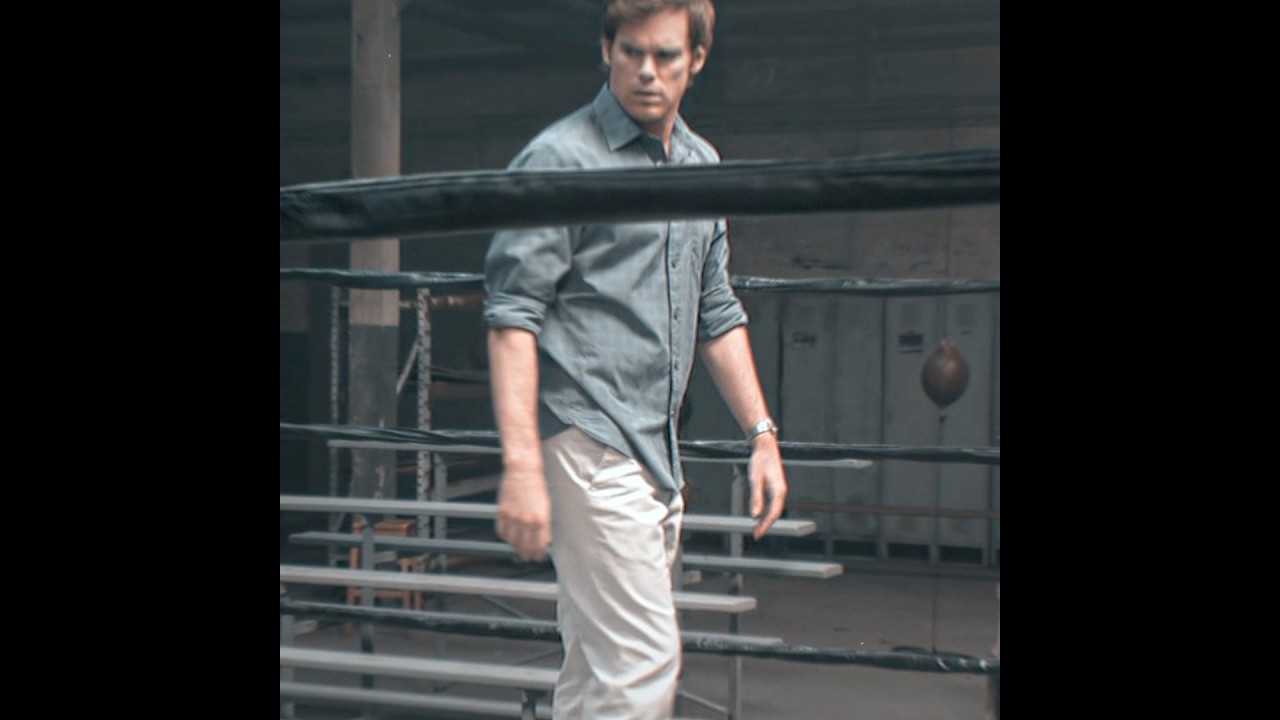
5. Iconic Symbolism: The Dark Passenger
Ah, the infamous “Dark Passenger.” This term, coined by Dexter, encapsulates the insatiable urge to kill lurking within him. Talk about a metaphor that gets to the heart of our struggles! We all have inner battles, whether it’s the temptation of a late-night snack binge or darker instincts.
This chilling concept humanizes him while highlighting the struggles many of us face in reconciling our impulses with societal expectations. It broadens the conversation around mental health, pushing us to acknowledge our internal demons. As we navigate our daily lives, Dexter Morgan strolls into our minds, reminding us of the ongoing tussles between our darker inclinations and moral boundaries.
6. The Fallacy of Closure: A Critique on Revenge
Has anyone ever told you that vengeance may not always be the answer? Well, Dexter learns this lesson the hard way throughout the series. Every time he takes out a killer, he feels a momentary closed chapter, but those actions haunt him, spilling over into his relationships and psyche.
This narrative offers viewers a profound commentary on the futility of revenge. It nudges us to think critically about what true justice means in our lives. As we witness the aftermath of Dexter’s choices, we’re invited to consider the emotional scar tissue created by retribution. Each act of violence increases his internal chaos, posing the heavy question: is vengeance worth the cost?
7. Cinematic Appeal: A Blend of Horror and Humanity
Here’s where Dexter Morgan truly thrills and chills. The series thrives on a unique blend of horror interlaced with rich human emotion. Creative camera work and sound design work hand in hand to dive deep into Dexter’s unsettling psyche, making each episode an unforgettable experience.
The horror elements are visceral, but what keeps viewers engaged is the tenderness in Dexter’s character—his relationships, regrets, and rare moments of vulnerability. This juxtaposition effectively pulls us into his turmoil, blending the eerie with the profoundly human. It’s much like documentary-style true crime that unveils the motivations of real-life individuals, challenging us to consider the darker aspects of our own lives.
The Enduring Legacy of Dexter Morgan in True Crime Narratives
As we step further into 2026, Dexter Morgan remains a profound figure in true crime narratives. His journeys provoke viewers to confront complex themes about morality, justice, and humanity. More than just a compelling tale, Dexter invites us to scrutinize our notions of evil and redemption.
With more antiheroes emerging on screens, Dexter serves as a crucial case study for understanding this cultural shift. At the end of the day, we are all drawn to his exploits and the unsettling questions they lead us to confront. In an imperfect world, Dexter Morgan compels us to reflect on our choices and the gray areas we navigate daily—revealing the chilling truth that we might just see a bit of ourselves in him along the way.
Dexter Morgan: The Dark Antihero of True Crime Stories
Life and Inspirations Behind Dexter
Dexter Morgan has captured the hearts and minds of viewers since his debut. Created by James Dashner, the character was inspired by true crime stories and the psychological explorations that come with them. This blend gives Dexter a chilling relatability that keeps audiences hooked. Interestingly, he’s often likened to other antiheroes in popular culture, such as Jack Ryan, who also grapples with moral complexities while doing what they believe is right. This juxtaposition adds layers to Dexter’s character, making him a focal point for discussions about morality in fiction.
Speaking of real people who face their own dark paths, did you know that actor Jared Harris once mentioned Dexter in interviews? Harris cited the character’s unique blend of charm and darkness as something that makes him compelling to watch. Just like how a small bathroom vanity can cleverly utilize tight spaces, Dexter manages to navigate his grim world with an ingenuity that’s both fascinating and disturbing, often challenging viewers to question their own sense of justice.
Dexter’s Cultural Impact
The show’s cultural impact is undeniable, and it has spawned various parodies and references across media. Even Karan Brar, the young star seen in many family-friendly roles, has made tongue-in-cheek comments about how he wouldn’t survive a day in Dexter’s world. In a dramatic turn, he humorously referenced how his character would never have to clean up crime scenes—unlike Dexter, who always finds himself with the mess of his own making.
In addition to personal stories, Dexter’s influence can be felt in various pop culture mediums. Fans have created memes and even cosplay inspired by his infamous dark passenger. As dynamic as Benji Gregorys portrayals of different roles, Dexter Morgan embodies an archetypal struggle with identity and morality, leading us to resonate with his sometimes twisted yet undeniably human issues.
Trivia to Brighten Your Dexter Experience
Here’s something you might not know: Dexter’s forensic background isn’t just for show. The show worked with actual forensic scientists to portray his processes accurately. This commitment to realism is something that takes its cue from shows that kept the audience on the edge of their seats—like Gurren, which is known for its meticulous attention to detail. HBO’s reputation for quality storytelling shines just as brightly in Dexter as it does in the thrilling action that fans of Bubba Wallace might appreciate in NASCAR.
Lastly, casual fans might not realize that Dexter Morgan’s character has spurred discussions about psychological conditions and their representations in media. It’s a topic that’s gained traction, reflecting societal fascinations—especially among those who enjoy complex narratives like in golf, where skill and precision play hand in hand, much like Dexter’s own abilities. So, whether you’re drawn to the nuances of morality or simply the gripping storytelling, Dexter Morgan remains a character worth exploring and discussing, and one that shines brightly in the world of antiheroes.
